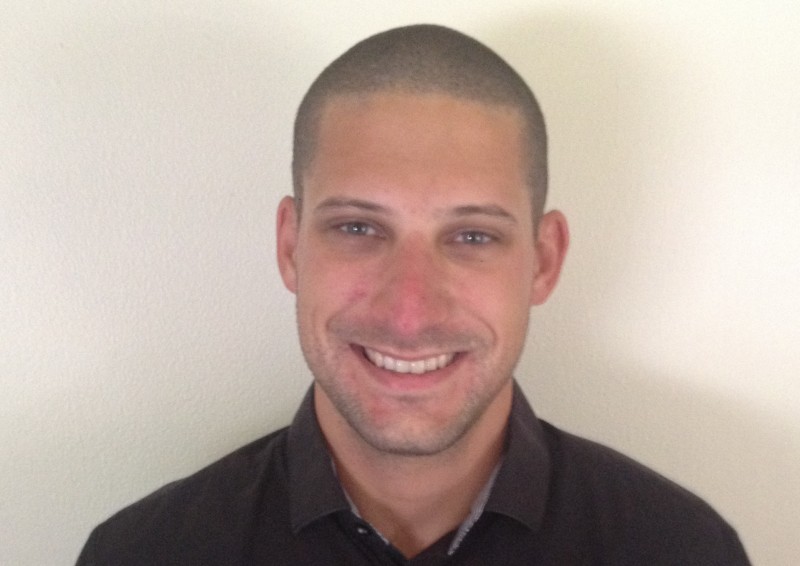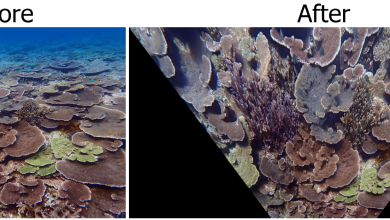Robert Fidler Named Fulbright Scholar
Doctoral Student in Marine Biology Headed to the Philippines
MELBOURNE, FLA. — A Florida Institute of Technology graduate student in marine biology has been named a Fulbright Scholar for 2014-15 and will spend nine months in the Philippines researching the efficacy of marine protected areas.
Robert Fidler, 26, is a Reston, Va., native who came to Florida Tech to earn his master’s degree in marine biology, which he completed last summer under the guidance of Ralph Turingan, a professor of biological sciences and two-time Fulbright recipient.
Fidler continues to work with Turingan to earn his Ph.D. in marine biology.
Under the terms of his Fulbright award, Fidler will head to the Philippines in November and remain there through July 2015. His base of operations will be the University of the Philippines Marine Science Institute in Manila.
The Fulbright U.S. Student Program offers students at the graduate level the opportunity to study, teach, and do advanced research at international institutions in all areas of academics and arts, said Monica Baloga, Florida Tech’s vice president of institutional effectiveness and international programs and the university’s designated Fulbright Program advisor.
“The program is quite competitive, but with Florida Tech’s emphasis on research, discovery, and scholarly inquiry, our students are well prepared and, as demonstrated by Robby’s award, should be strong candidates for these grants,” Baloga said.
Participation in the Fulbright program, Baloga noted, affords students the opportunity to grow further and challenge themselves as they engage in individually designed programs of study or research within a different cultural setting.
For Fidler, that different cultural setting will be coastal regions of the Philippines. There, he will study marine protected areas – known as MPAs – to analyze how effective they are at both protecting the extremely diverse ecosystem of coral reefs and sea life and at maintaining the fish population, on which millions of people in these regions rely.
Specifically, Fidler will study whether evolutionary changes to the fish indicate the areas are working properly, even as he fulfills the other part of the Fulbright experience by interacting with, and learning from, the local people and their community organizations.
“Robert’s research is the first to provide empirical evidence for the evolutionary benefits of MPAs in the Philippines,” Turingan said. “Being able to determine how evolutionarily valuable traits or characteristics of fishes are enhanced by MPAs will help define how MPAs promote sustainable fisheries in the Philippines and in similar communities worldwide.”
This work continues Fidler’s lifelong interest in marine biology, which began at a young age. He later earned a Bachelor of Science degree in biology at the University of Virginia. His passion remains strong today.
“Really for me, when you look at the coral reefs, when you see how diverse and abundant and vibrant the colors are – and as soon as you find out they are being destroyed, you can’t think of anything else than trying to conserve them for future generations,” he said.
This will be Fidler’s second time in the Philippines, after a three-week visit in January 2013.
“Certainly nine months is going to be a different experience,” he said. “I am excited and honored more than I can even express. I am ready to get going.”
Eligible students interested in applying for a Fulbright grant may review the information provided at www.us.fulbrightonline.org/about and may contact Baloga at mbaloga@fit.edu. Though the application deadline for the 2015/2016 academic year is Oct. 14, an earlier, institutional deadline of Sept. 15 is required in order to perform a mandatory institutional evaluation of application materials.
###






